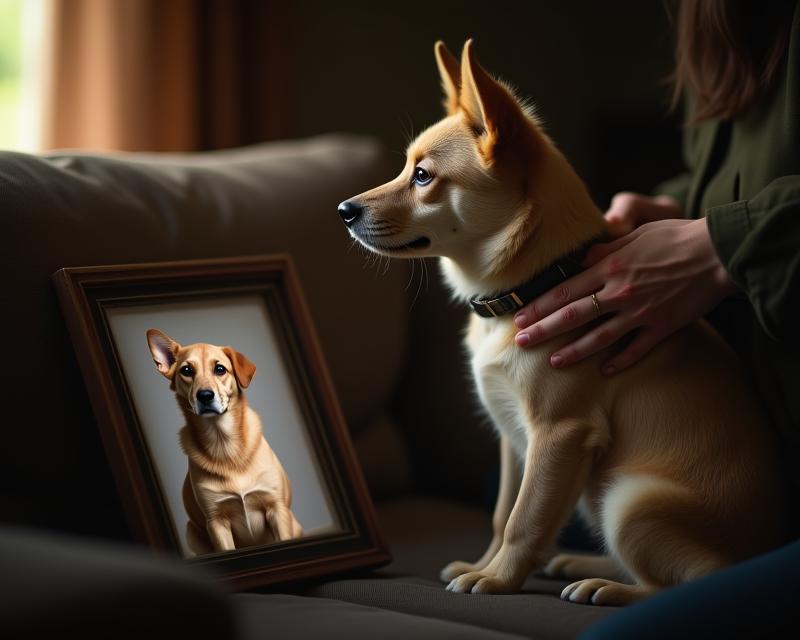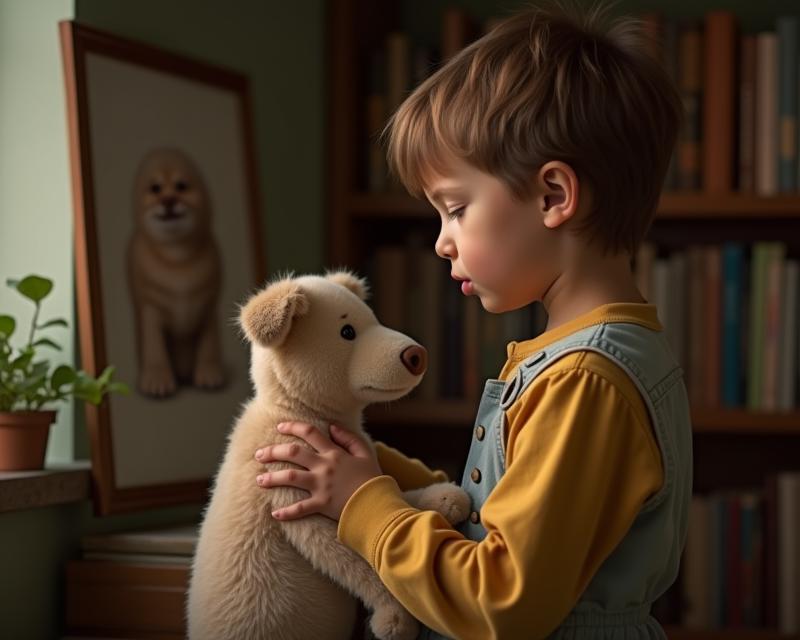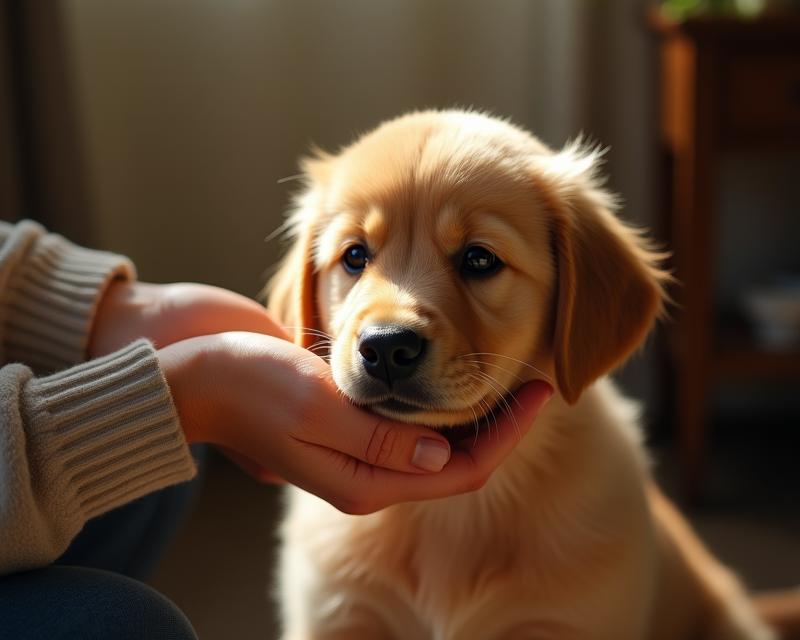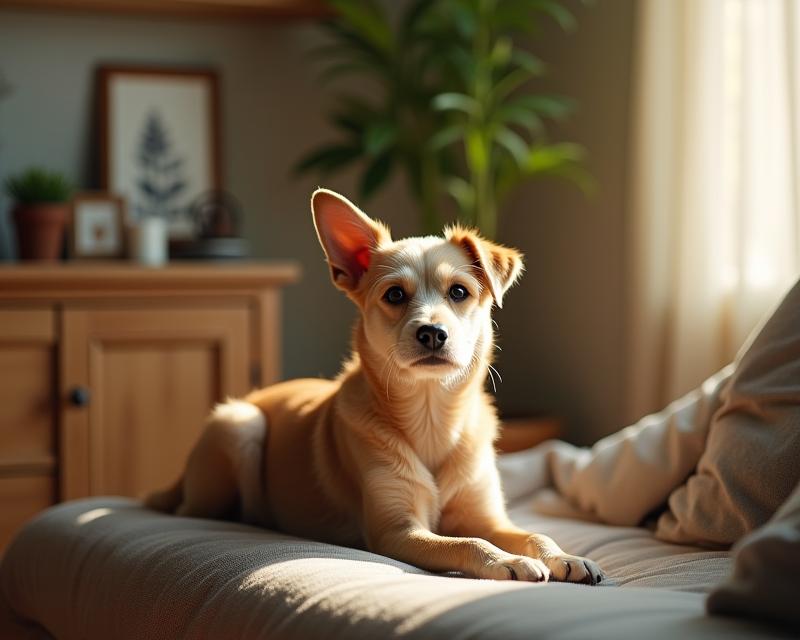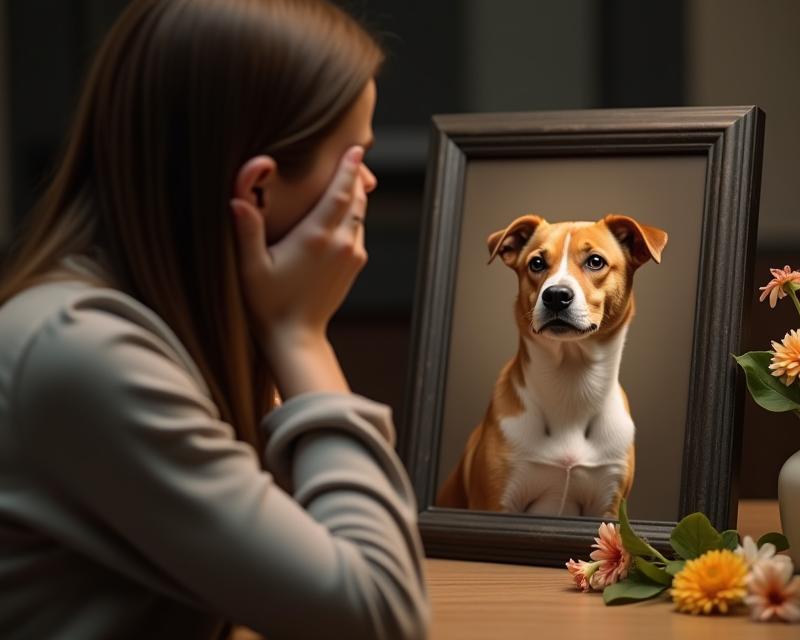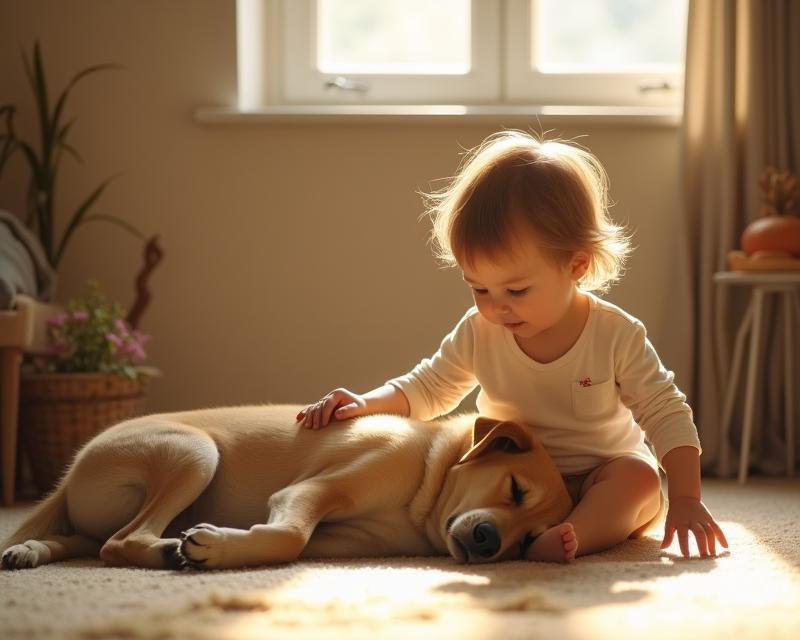Easing Separation Anxiety in Pets
Publish in General Care el 28/06/2025 23:30
Understanding Separation Anxiety in Pets
Separation anxiety is a really common problem for our furry friends. It happens when pets get stressed or panicked when left alone or separated from their people. It's not just about missing you; it's a genuine fear and distress. You might notice behaviors like excessive barking or howling, destructive chewing, pacing, urinating or defecating indoors, and even attempts to escape. It can be tough to watch, but thankfully, there are things you can do to help your pet feel more secure.
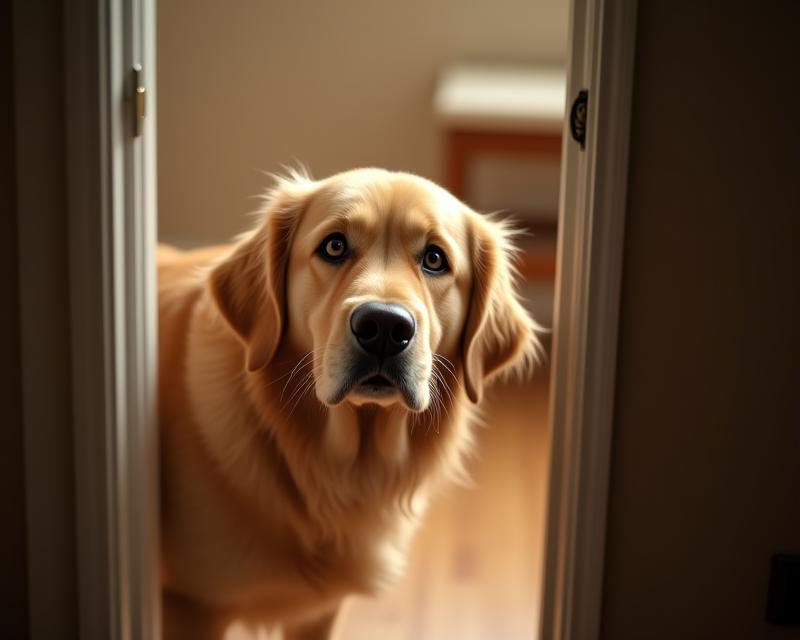
Identifying the Signs
The first step is recognizing the signs of separation anxiety. It's important to differentiate between normal independent behavior and anxiety. For example, a dog who happily entertains themselves while you're in another room is likely fine. But if they become frantic the moment you start to gather your keys or put on your coat, that's a red flag. Keep a close eye on your pet's behavior when you leave, and try to record any concerning actions. This will help you and your vet understand the severity of the issue.
Creating a Safe and Comfortable Space
Providing a safe and comfortable space can make a big difference. This could be a crate (if your pet is crate-trained and enjoys it), a cozy bed in a quiet corner, or a designated room. Make sure this space is associated with positive things – treats, toys, and comfortable bedding. Leaving a worn t-shirt with your scent on it can also be comforting. Consider using calming pheromone diffusers or sprays, which mimic the natural pheromones released by mother animals to soothe their offspring. These can help create a more relaxed atmosphere.
Gradual Desensitization and Counter-Conditioning
This is a key part of helping your pet overcome separation anxiety. It involves gradually increasing the amount of time your pet spends alone. Start with very short absences – just a few seconds – and slowly increase the duration over days or weeks. During these absences, avoid making a big fuss about leaving or returning. When you return, act calm and relaxed. Pair your departures with positive experiences, like giving your pet a special chew toy or puzzle feeder that they only get when you're gone. Counter-conditioning involves associating your departure cues (keys, coat) with something positive, like a tasty treat. Consistency is key, and it may take time to see results. If the anxiety is severe, consult with a veterinarian or certified professional dog trainer for guidance. They can help you develop a tailored plan for your pet's specific needs.
When to Seek Professional Help
If your pet's separation anxiety is severe and doesn't improve with gradual desensitization, it's important to seek professional help. A veterinarian can rule out any underlying medical conditions that might be contributing to the anxiety and may recommend medication to help manage the symptoms. A certified professional dog trainer or veterinary behaviorist can provide specialized training and behavior modification techniques. Remember, you're not alone in this – many pet owners face this challenge, and with patience and the right approach, you can help your pet feel more secure and comfortable when you're not around.
